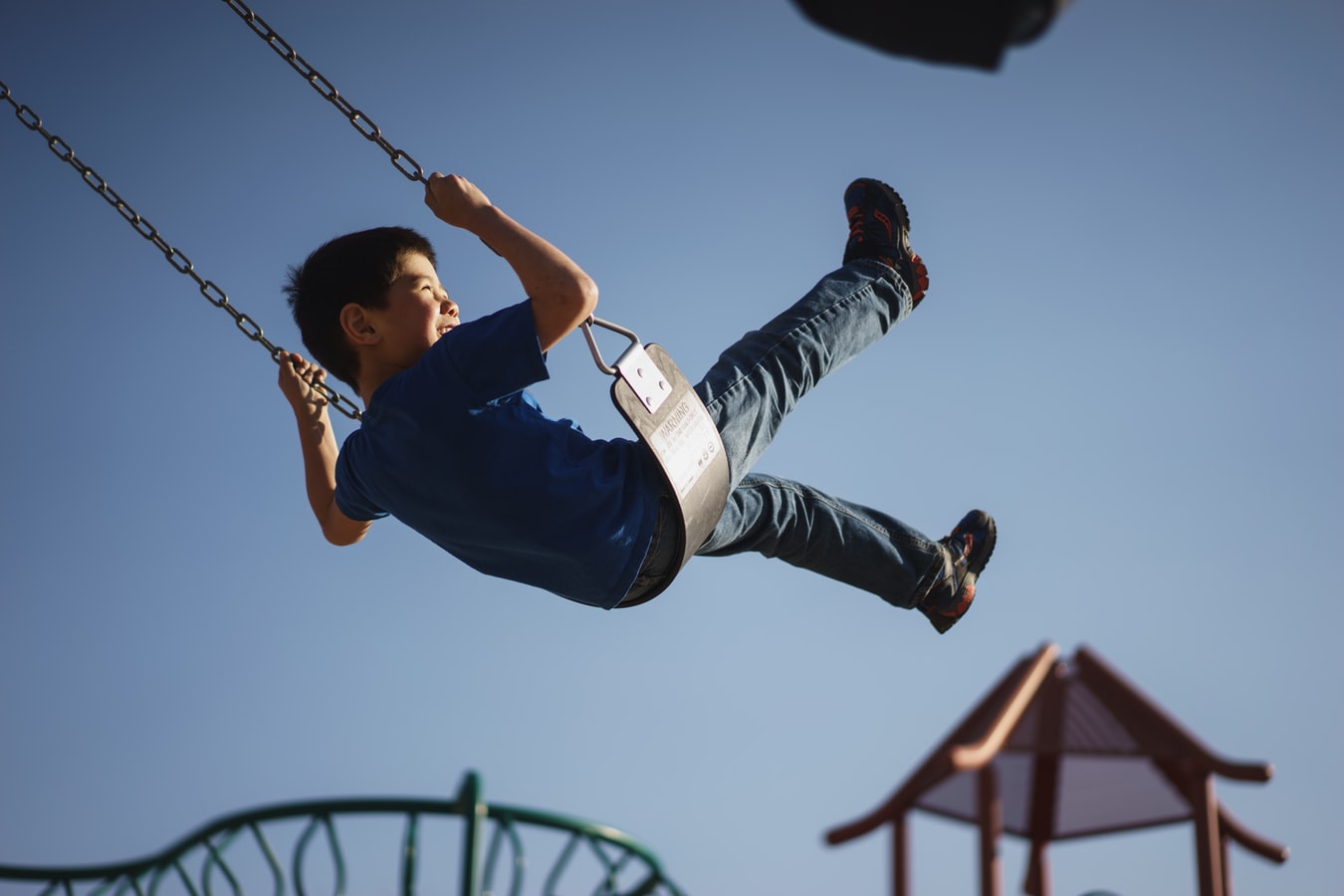
Important discussions about a child’s mental health will generally focus on the overall wellbeing of the child. The term wellbeing refers to the child’s standing as it relates to their emotional, behavioral, social, and cognitive capacities. Of course, any discussion about child mental health should also include a discussion about child mental health disorders and how such disorders affect a child’s wellbeing.
As a parent, you face the challenge of monitoring your child’s development in the four aforementioned areas: emotional, behavioral, social, and cognitive. Admittedly, this is not an easy thing for any parent to do. The following information is available to help you understand the challenges you could face trying to stay on top of your child’s mental health development.
The Importance of Childhood Mental Health
As you delve into the following information, it would benefit you to understand what is child mental health. One of the best definitions of child mental health comes from the Centers for Disease Control website: “Mental health in childhood means reaching developmental and emotional milestones and learning healthy social skills and how to cope when there are problems. Mentally healthy children have a positive quality of life and can function well at home, in school, and their communities.”
Using this definition as a guideline, the importance of childhood mental health goes directly towards how each child can navigate childhood going into adulthood. Well adjusted children are kids who have most likely encountered minimal exposure to things like trauma and genetic mental health disorders. It’s also possible they have strong coping skills. The kids who do encounter these kinds of issues are bound to suffer some kind of setback in their development. The setback will focus on one or more of the aforementioned four areas of child mental health development. Furthermore, any setbacks could evolve into significant problems in adulthood.
With an understanding of what is child mental health, it’s time for you to delve into the issues mental health disorders can create for children.
Which Attachment Pattern is Linked With the Most Serious Mental Health Problems in Later Childhood?
Research has shown that trauma is one of the most significant catalysts that drive childhood mental disorders. There is a direct connection between the traumatic events children might encounter and common childhood disorders like Attention-Deficit/Hyperactivity Disorder (ADHD), anxiety, and depression.
The psychiatric community currently lists four attachment patterns that can occur within children and adolescents. These four attachment patterns are:
The attachment pattern that dominates a child’s psychology is often a byproduct of the traumatic events a child encounters. It would appear that security is the attachment pattern that creates the most mental health issues for children. Separation anxiety would be one clear indicator of this idea. When a child feels their security is at risk, they can act out in anger, frustration, sadness or with any other behaviors they feel will help protect their inner child.

How Does Adverse Childhood Experiences (ACEs) Impact Mental Health?
A lot of child mental health disorders arise out of trauma children experience. A child’s therapist must be able to diagnose the source of the mental health issue to truly help the child. Are there tools available to help therapists with this process? The answer is “yes”.
Back in 1985, members of the psychiatric community developed the ACE test. The test consists of 10 questions related to things children experience. Each “yes” answer results in one point and the accumulation of points determines the child’s ACE score. The ACE score points to the potential disorder the child has developed likely because of a traumatic event.
From this score, therapists can diagnose issues and develop proper treatment plans. While treatment might include certain medications, the psychiatric community is not big on prescribing medications for children. With most childhood mental disorders, evidence-based therapies like Cognitive Behavioral Therapy have proven to be effective treatment methods.
How Childhood Trauma Affects Mental Health
When discussing childhood trauma, it’s necessary to discuss the long-term effects as well. Although something may happen to a child before they hit adolescence, there can be some long-lasting effects It instills in them a fear for which they don’t have process the proper coping skills. When this happens, therapy is usually their only way back to any sense of security.
It would be remiss to not mention some of the traumatic events that affect children the most. The list includes:
When events such as these cause trauma, mental disorders step in to help children cope, albeit inappropriately.
How Do Positive Childhood Experiences Affect Adult Mental Health?
A lot of time goes to discussing child metal health issues. What people miss is the fact a lot of children grown up as well-adjusted teens and adults. Much of the credit for this should go to these children having positive experiences in their lives.
Self-esteem is an essential characteristic for people of all ages. It’s especially important to innocent children who are facing life’s challenges for the first time. Every time a child successfully deals with a challenge, it tends to boost their self-esteem. Children with high levels of self-esteem often become teens and adults with high levels of self-esteem.
As you monitor your child’s mental health development, you might notice sudden changes. You should treat these changes with a sense of urgency. The sooner you can identify potential mental health disorders, the easier the treatment will be for your child.
If your child is struggling with trauma, depression, anxiety, ADHD, or any other mental health issue, Mission Harbor is here to help. Contact us today for more information.
The facilities at Mission Harbor are staffed with trained experts to best assist patients with their mental health issues. We are capable of dealing with any and all cases with a licensed staff, equipment, and approved techniques. Our mission is to help those who want to help themselves, and we support your decision in seeking help.
Get Help Now
Alcohol addiction is extremely difficult to overcome on your own.. Seek specialized help and let professionals guide you in your recovery.

